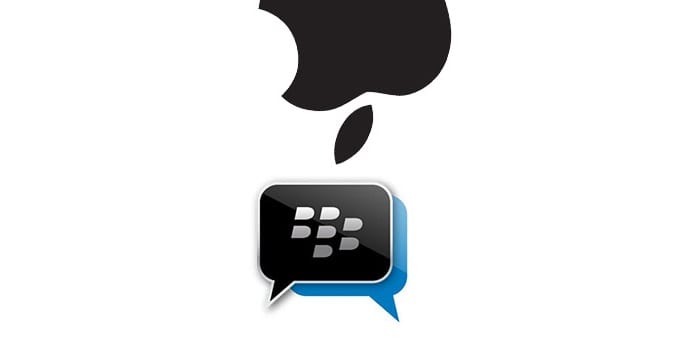BlackBerry CEO Blasts Apple For Refusing Lawful Access Requests From US Government
Blackberry Chairman and CEO, John Chen tore into his smartphone rival, Apple’s position by hinting that their actions have incited on a “dark place” in the technology world.
Making a bold statement regarding the state of encryption debate, Chen said that the companies should not refuse access to their phones after receiving lawful access requests from government institutions.
“We are indeed in a dark place when companies put their reputations above the greater good. At BlackBerry, we understand, arguably more than any other large tech company, the importance of our privacy commitment to product success and brand value: privacy and security form the crux of everything we do. However, our privacy commitment does not extend to criminals,” Chen wrote in a blog post titled “The encryption Debate: a Way Forward.”
Linking a story from back in October about Apple, Chen said: “One of the world’s most powerful tech companies recently refused a lawful access request in an investigation of a known drug dealer because doing so would ‘substantially tarnish the brand’ of the company.”
In the wake of the Edward Snowden revelations, Apple chief Tim Cook decided not to build backdoor access to locked devices running iOS 8 and iOS 9. Earlier versions, like iOS 7, can be accessed by Apple.
Putting the name of the brand above a greater good is not what tech companies should do suggests Chen and that they should all work with government institutions and provide them with what’s necessary when it comes to criminals. However, Chen does not imply that every major player in the smartphone business should hand over the keys to its castle to the government.
“We reject the notion that tech companies should refuse reasonable, lawful access requests. Just as individual citizens bear responsibility to help thwart crime when they can safely do so, so do corporations have a responsibility to do what they can, within legal and ethical boundaries, to help law enforcement in its mission to protect us,” he wrote.
Chen stressed on the fact that his company will never build any backdoors in its smartphones that would allow the government or any other third-party to access these devices.Also, BlackBerry will never allow government access to their servers and he is very clear that his company does not intend to do that in the future either.
In fact, the Canadian company made the decision to leave Pakistan because the Pakistani government wants to monitor all Blackberry Enterprise Service (BES) traffic. What’s more, he said, a ban on encryption would never work, as “criminals would simply write their own encryption apps.”
“Technology, over the course of human existence, can be both used and abused. We all have a right to privacy as well as public protection. We must balance these, and the world’s tech leaders must help consumers and governments alike make informed decisions,” said Chen.
In the end, Chen largely concludes that the tech sector bears “a dual responsibility, to protect customer privacy zealously and to cooperate with lawful requests for investigative access.”

